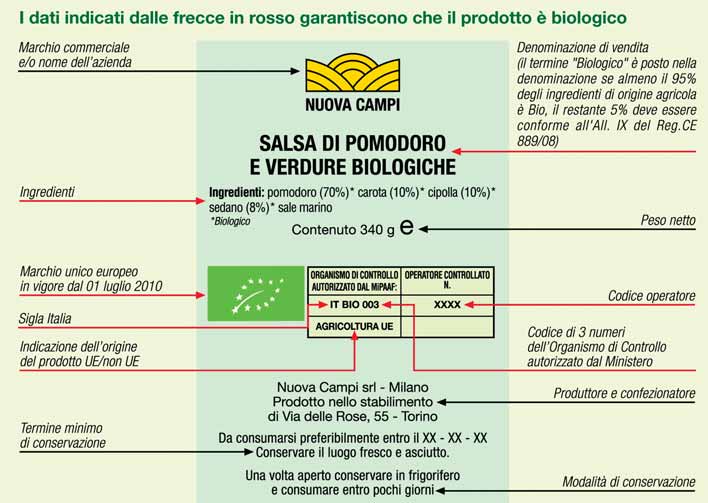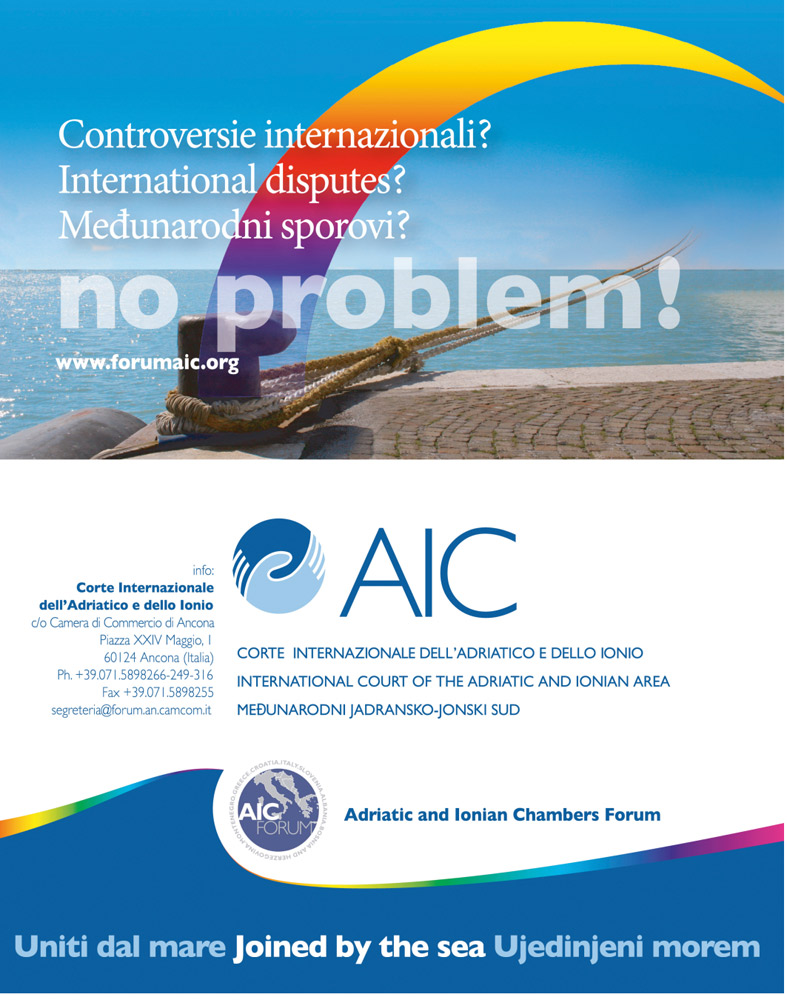Disciplinari di produzione puntuali, norme per l’etichettatura e la tracciabilità rendono la certezza della produzione biologica L’agricoltura biologica fa riferimento a coltivazioni che esaltano e facilitano i meccanismi naturali per l’incremento dei raccolti agricoli e per il controllo delle malattie e degli insetti nocivi. È quindi vietato l’impiego di ormoni della crescita, antibiotici o manipolazioni genetiche a favore di prodotti fitosanitari e fertilizzanti di origine naturale (letame e liquami). Tali tecniche di coltivazione contribuiscono al mantenimento degli ecosistemi, riducendo l’inquinamento e valorizzando le naturali capacità delle piante di creare un equilibrio con l’ambiente e il territorio. Per quanto riguarda poi la difesa delle piante, avviene attraverso antagonisti naturali dei parassiti e la crescita sana delle piante coltivate. Si fa quindi uso delle tecniche della lotta biologica (distribuzione di insetti, acari, nematodi,
virus e bacilli che contrastano i fitofagi e utilizzo di trappole specifiche) e di prodotti ampiamente sperimentati
come innocui per l’uomo. L’agricoltura biologica europea ha avuto il suo riconoscimento ufficiale ed è stata regolamentata per la prima volta nel 1991 ma dal 2009 è intervenuto il nuovo Reg. (CE) 834/07
e le sue norme attuative, Reg. (CE) 889/08. All’agricoltura biologica si riconosce esplicitamente una funzione
sociale, in risposta alle esigenze dei consumatori in termini di salvaguardia della salute, tutela dell’ambiente e della biodiversità, al benessere degli animali e allo sviluppo rurale. I regolamenti indicano in modo specifico le norme di coltivazione e il metodo di allevamento delle varie specie animali, l’etichettatura,
la trasformazione, la commercializzazione ed anche le importazioni di prodotti biologici nella UE, nonché il sistema di controllo sui processi produttivi e sulla salubrità dei prodotti certificati come biologici a tutela dei consumatori.
Organic products according to the law
The organic farming refers to cultivations that exalt and facilitate the natural mechanisms for the increment of the agricultural harvests and for the control of the diseases and the bad bugs. Therefore it’s not allowed the use of growth hormones, antibiotics or genetic manipulations in favor of phytosanitary products and fertilizers of natural origin. Such techniques of cultivation contribute to the maintenance of the ecosystems, reducing pollution. In order to protect the plants, the farmers use products not dangerous for men. European organic farm has been officially recognized in 1991 but since 2009 has been issued the Reg. (EC) 834/07 and its implementing norms, Reg. (EC) 889/08. The organic farming has a social function, in reply to the requirements of the consumers in terms of safeguard of the health and environment.The regulations show the norms of cultivation and the method of breeding of the animals, labeling, transformation, commercialization and also the imports of biological products in the EU. The production of transformed organic products must follow procedures to guarantee the persistence of biological integrity and the essential qualities of the product in all production phases.
According to the Reg.(EC) 889/08 the label of biological products must follow the next indications:
1) the Biological word can be used in the denomination of sale of the product (es. Biological pasta, biological tomato, etc) or also analogous suffixes (“Bio”, “Eco”) and other term previewed in the other communitarian languages;
2) The use European logo is obligatory for all bio products that have to contain at least 95% organic ingredients produced in the EU;
3) Must be showed the geographic origin of the raw materials;
4) Products containing less than 95% organic ingredients may write any indication or reference to organic production on their label but it can’t be used the caption “organic product”.











